The young Australian Space Agency has signed a Memorandum of Understand (MoU) with its French counterpart, the Centre National d’Etudes Spatiales (CNES), to work together on the development of their respective space programs.
As part of the agreement, France and Australia will work together to develop their space capabilities, with a focus on areas including space operations, space science, earth observation, positioning systems, and communications.
Dr Megan Clark, head of the Australian Space Agency, said the signing of the MoU represents the start of the agency’s journey with other countries.
“Civil space engagement initiatives like this with the French Space Agency will explore advanced space technology and applications used in earth observation and remote sensing with high-altitude balloons and satellites, space operations and joint missions,” she said.
Jean-Yves Le Gall, president of CNES, added that CNES was proud to become the Australian Space Agency’s first international partner.
“Australia’s amazing ramp-up shows the now crucial importance of space for our economies. The joint projects coming out of today’s agreement will ultimately bring growth and jobs both in Australia and in France,” Le Gall said.
As part of the agreement, CNES has already partnered with UNSW Canberra Space to develop the Australian National Concurrent Design Facility (ANCDF) for the development of space missions, and for studies towards the development of satellite technologies with advanced sensors and on-board processing and intelligence.
The ANCDF will accelerate Australia’s ability to deliver space technology and support future joint missions.
The agreement follows the launch of the Australian Space Agency on July 1, with Dr Clark writing at the time that while some could argue that Australia is late to the party, it is entering the sector at a time when it is increasingly moving from the realm of government to the commercial world.
“Our Agency will be one of the most industry-focused space agencies in the world, engaged internationally and demonstrating Australia can be a leader and a responsible global citizen, drawing on our home-grown Aussie ingenuity,” Dr Clark said.
“No other industry can inspire nations quite like space, where human ambition can set its sights on interplanetary missions, colonisation beyond Earth and the opportunity of finding new life. We can dream this big because of the space-based technologies that have connected the world in unprecedented ways, and in the coming decades Australia has the opportunity to become a global leader in pushing Earth’s links with space even further.”
Local startups have already been making their mark.
Adelaide startup Fleet Space Technologies in July opened its mission control centre ahead of the planned launch of two of its nanosatellites later this year.
Located at Red Banks Reservoir in Pinkerton Plains, the ground station will operate 24 hours a day, tracking and receiving data from nanosatellites. Made possible in part by matched funding by the South Australian government, it will also be open to other space startups.
Flavia Tata-Nardini, cofounder and CEO of Fleet, said at the time that, with the ground station, the startup is “democratising” space and advancing global collaboration.
“The ground station will break barriers for space startups locally and abroad creating opportunities that were previously only available to large organisations.”
Image: Dr Megan Clark. Source: CSIRO.











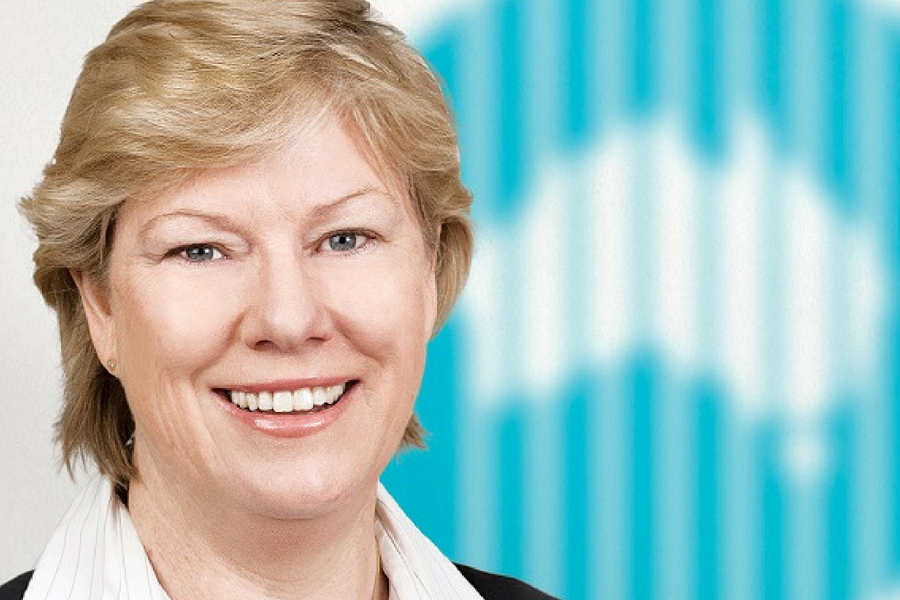
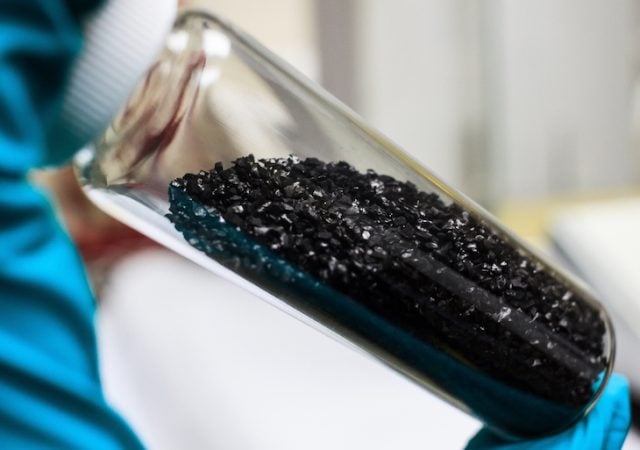

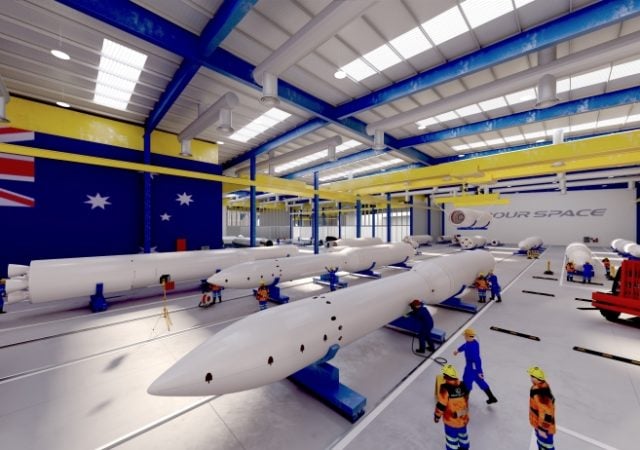

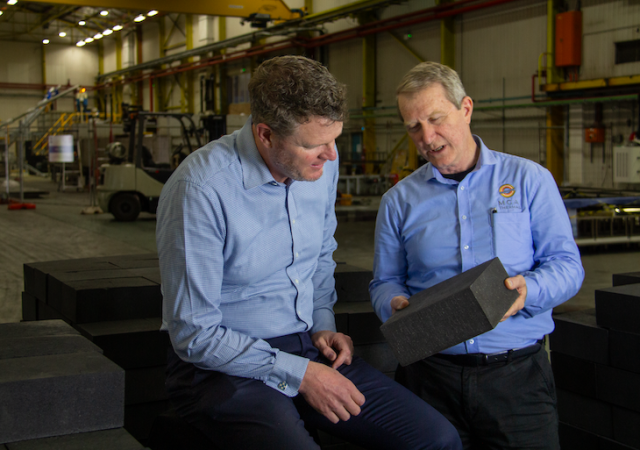


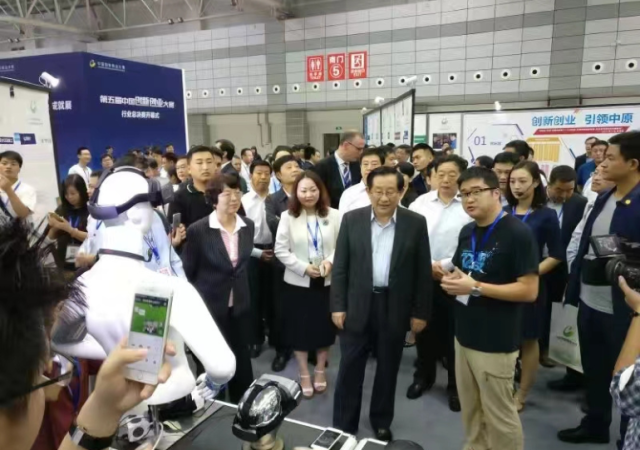
Trending
Daily startup news and insights, delivered to your inbox.